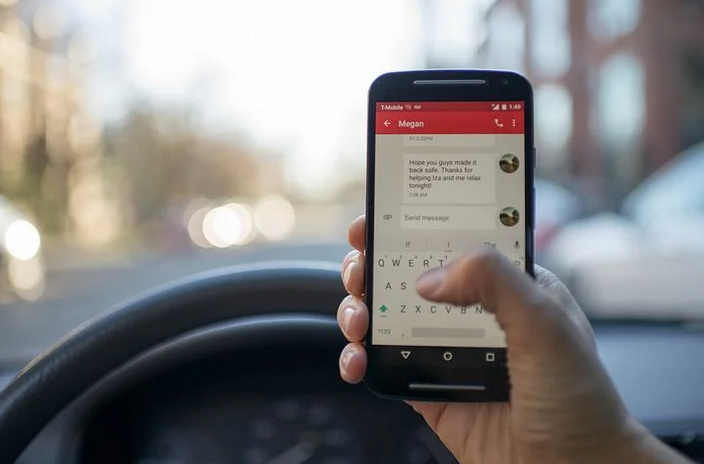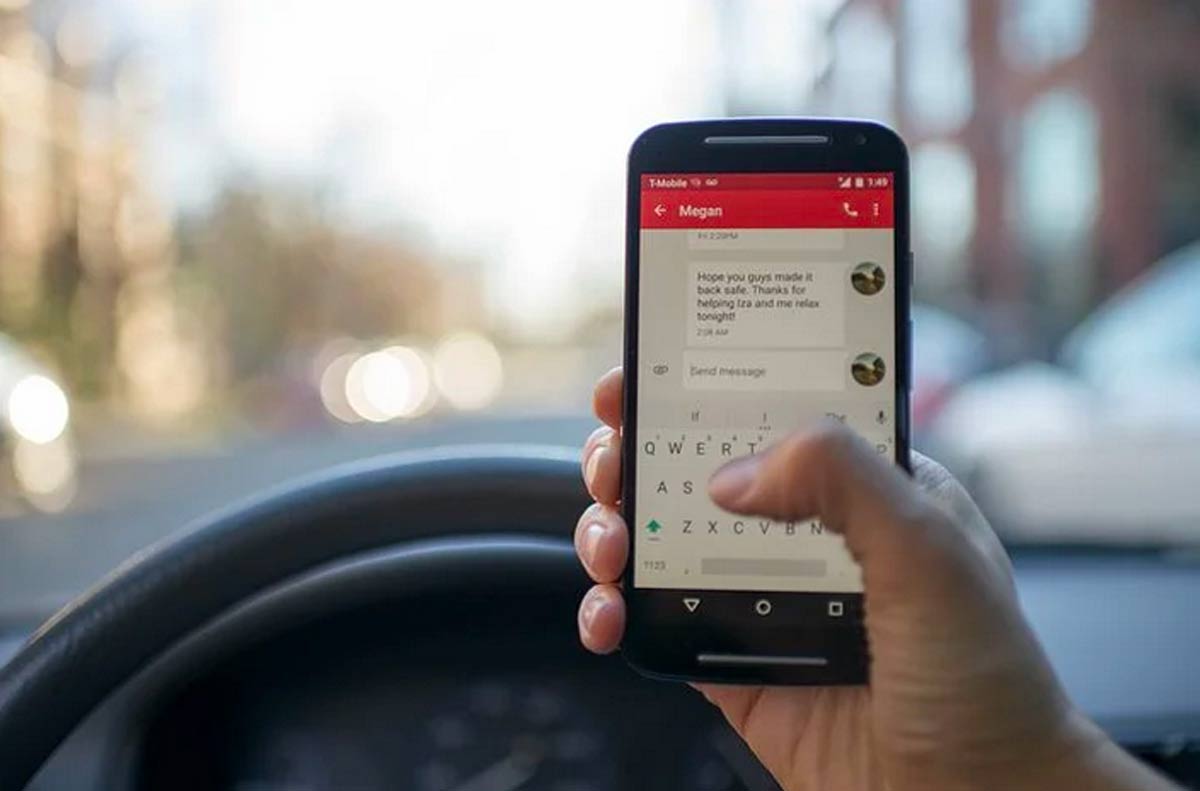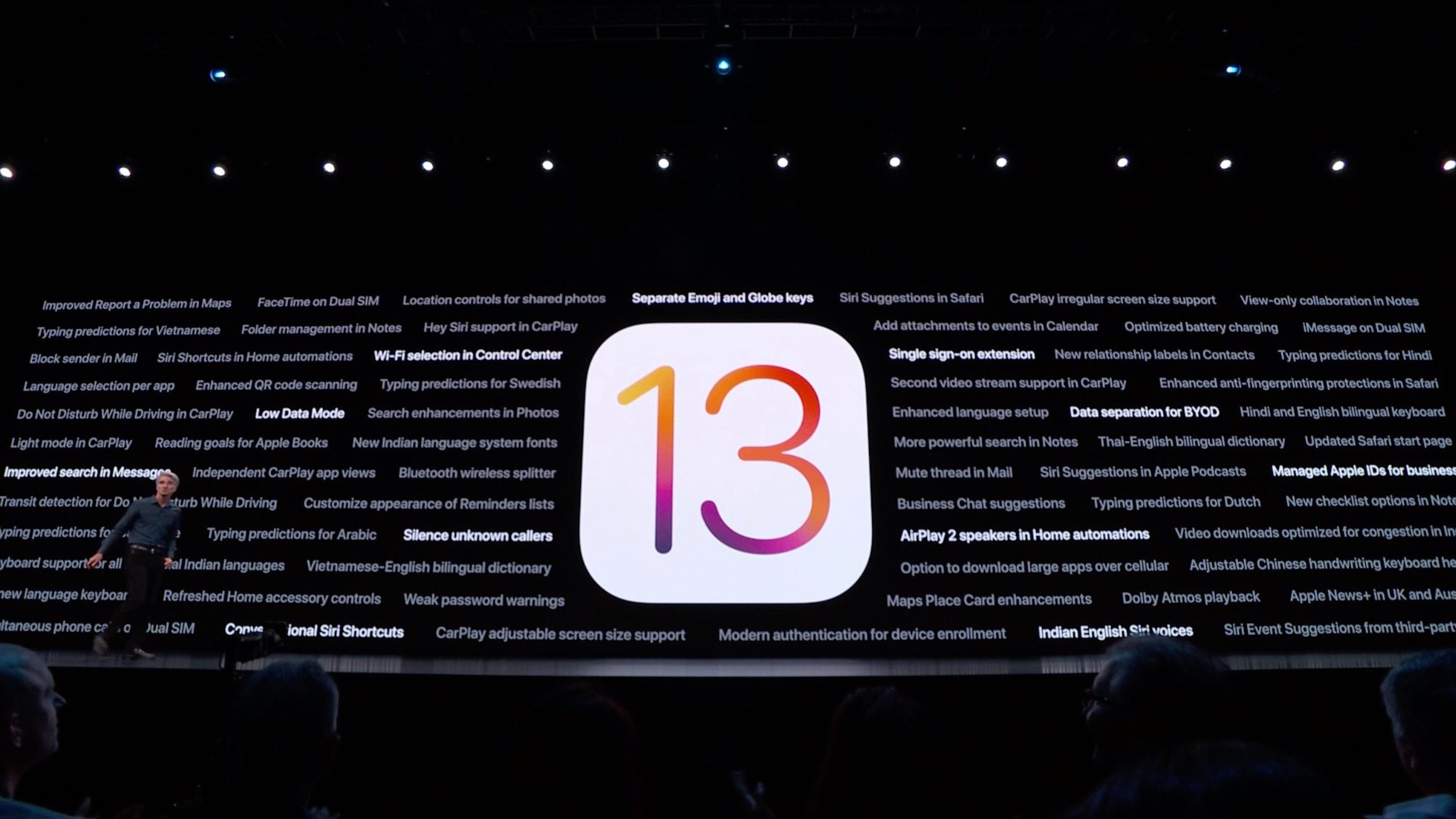There is no universal federal law related to handheld devices and driving in the United States. Twenty-two states outlaw the use of handheld devices altogether (Virginia’s ban goes into effect on January 1, 2021). Several other states only ban handheld devices for new drivers and those under the age of 17. School bus drivers are banned from using handheld devices in 19 states.
Seven more states prohibits local governments from enacting independent laws related to handheld devices. The New Hampshire Supreme Court, in the case of State vs. Belleville (2014) upheld a seven-year conviction for a man who crossed into a center lane while texting, causing an accident and paralysis to a young passenger. Based on the foregoing, it’s best to simply not text and/or talk while driving to avoid potential issues.
Missing a call won’t kill you – an accident quite possibly could
Roads Safety Minister David Jamieson
The United Kingdom, on the other hand, does in fact have nationwide statutes related to driving with handheld devices. Parliament first outlawed distracted driving in 2003. It was after Roads Safety Minister David Jamieson famously said, “Missing a call won’t kill you – an accident quite possibly could.” Penalties for violating the range from fines to revocation of your driver’s license.
The verbiage of the law, however, has caused confusion and clarification by the UK government.

The “Candy Crush Loophole”
Ramsey Barreto was driving when he witnessed a car accident in Ruislip on August 19, 2017. He recorded the scene on his phone while driving past slowly. A police officer spotted him filming and issued a citation. The lower courts upheld the decision by police to issue the citation. But an appellate court overturned the ruling.
The law specifically states that driving while using a device that “performs an interactive communication” is illegal. Interactive was interpreted as a two-way communication, whether it be text messaging, voice calls, or emailing. Thus taking pictures, filming video and even playing video games is not illegal pursuant to the language of the law. The appellate court judges criticized lawmakers in their decision for not updating the law in accordance with technological advances.
The law became somewhat of a running joke in the UK because driver were fined for talking and texting, but could drive while playing Candy Crush. That is the origin of the loophole’s name. Regulators closed the loophole this month by changing the language of the law. It now prohibits picking up a mobile device at all while driving. The change goes into effect on January 1, 2021.
Apple CarPlay to the rescue
U.K. drivers can use hands free devices under the new law. U.S. drivers had already been doing this for quite some time. A 2018 survey by market research firm Strategic Analytics found that 34% of U.S. drivers for all media in their cars, including phone calls and texting. Researched posited that CarPlay is so popular because the user interface is simpler than the system installed by auto manufacturers.
Apple CarPlay is popular because it enhances the overall driving experience. But it also saves lives by preventing distracted driving. The BBC reported 637 deaths in British roads were caused by drivers using handheld devices in 2019. Distracting driving was cited in 8.5% of fatal car accidents in the United States in 2019, according to the National Highway Traffic Safety Administration.
Listen to your favorite music while driving. Talk to your significant others the whole way home from work. Just do it with the help of Siri and Apple CarPlay.


